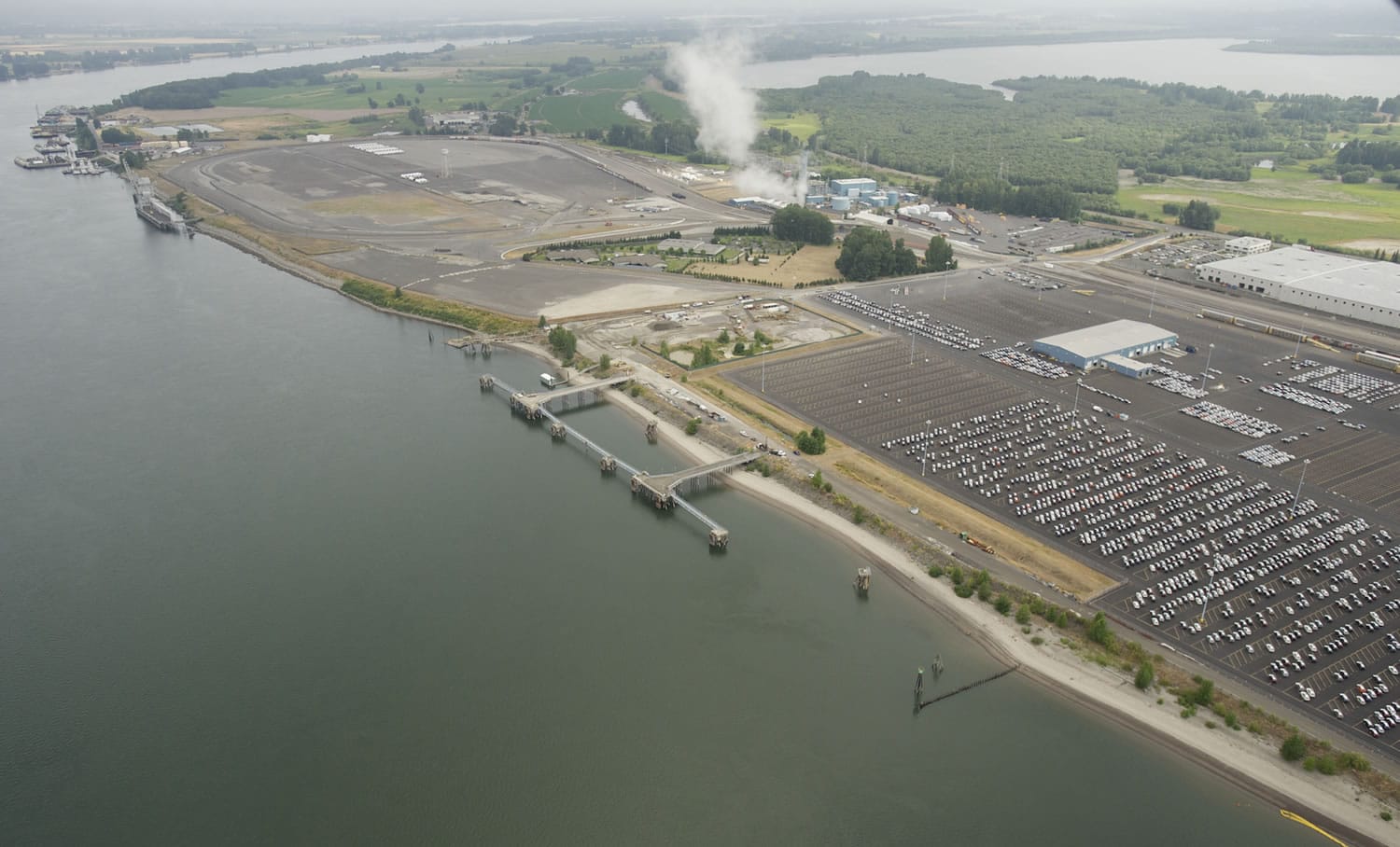Three environmental groups that accuse the Port of Vancouver of violating Washington’s open public meetings law in approving a lease for an oil-by-rail terminal now allege port commissioners used not just one but multiple closed-door meetings to illegally exclude the public from their discussions of the project.
Meanwhile, attorneys for the port are pushing back. They deny the new allegations contained in the expanded lawsuit. And they’re asking Clark County Superior Court Judge David Gregerson to limit the questions attorneys for the three environmental groups may ask commissioners during the case’s pretrial discovery phase.
The three environmental groups — Columbia Riverkeeper, Sierra Club and Northwest Environmental Defense Center — are expected to file arguments against placing limits on their ongoing efforts to gather information about how commissioners decided on the lease.
Gregerson is slated to hear from both parties on the matter at 9 a.m. Friday, Jan. 16.




